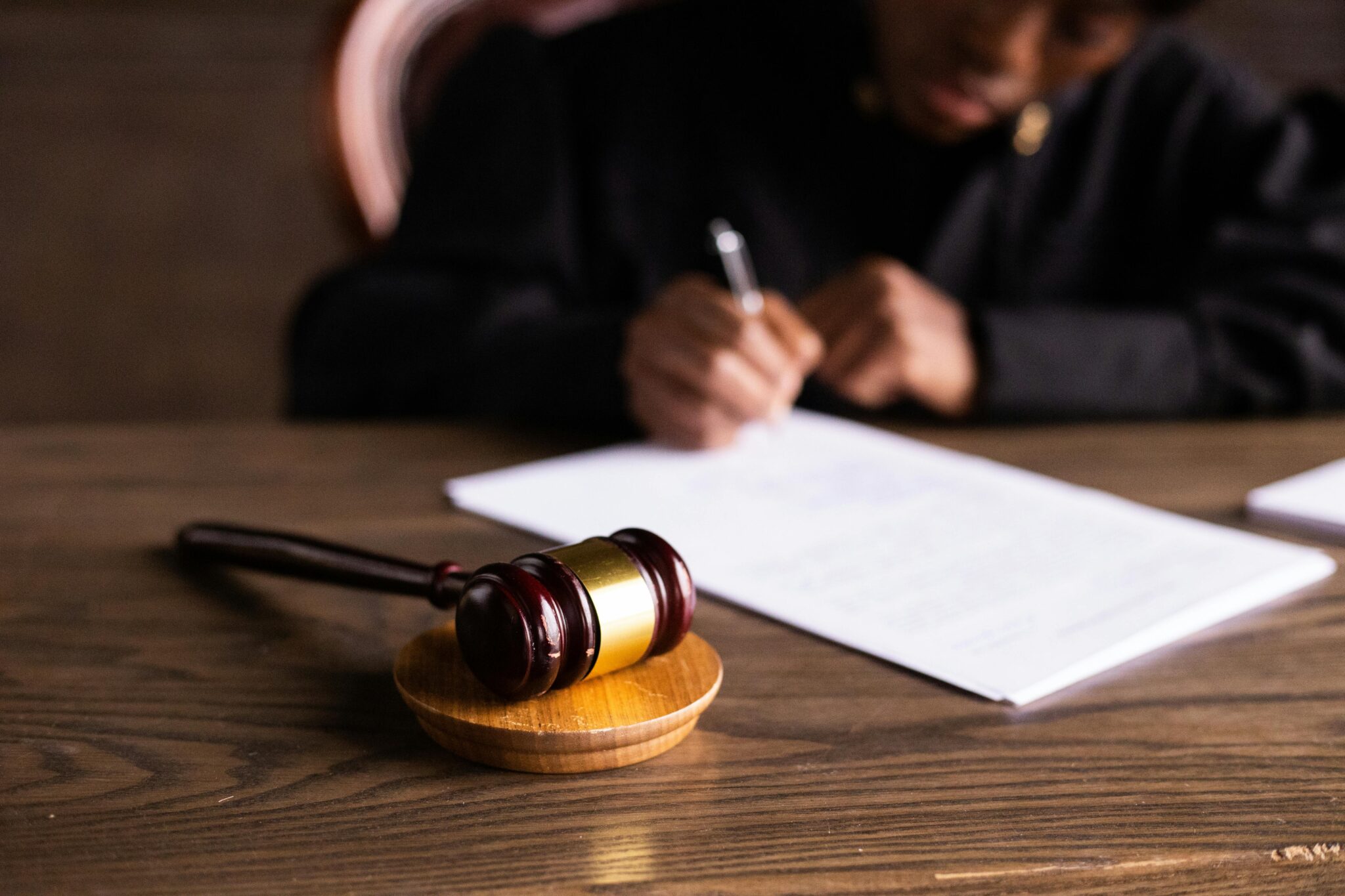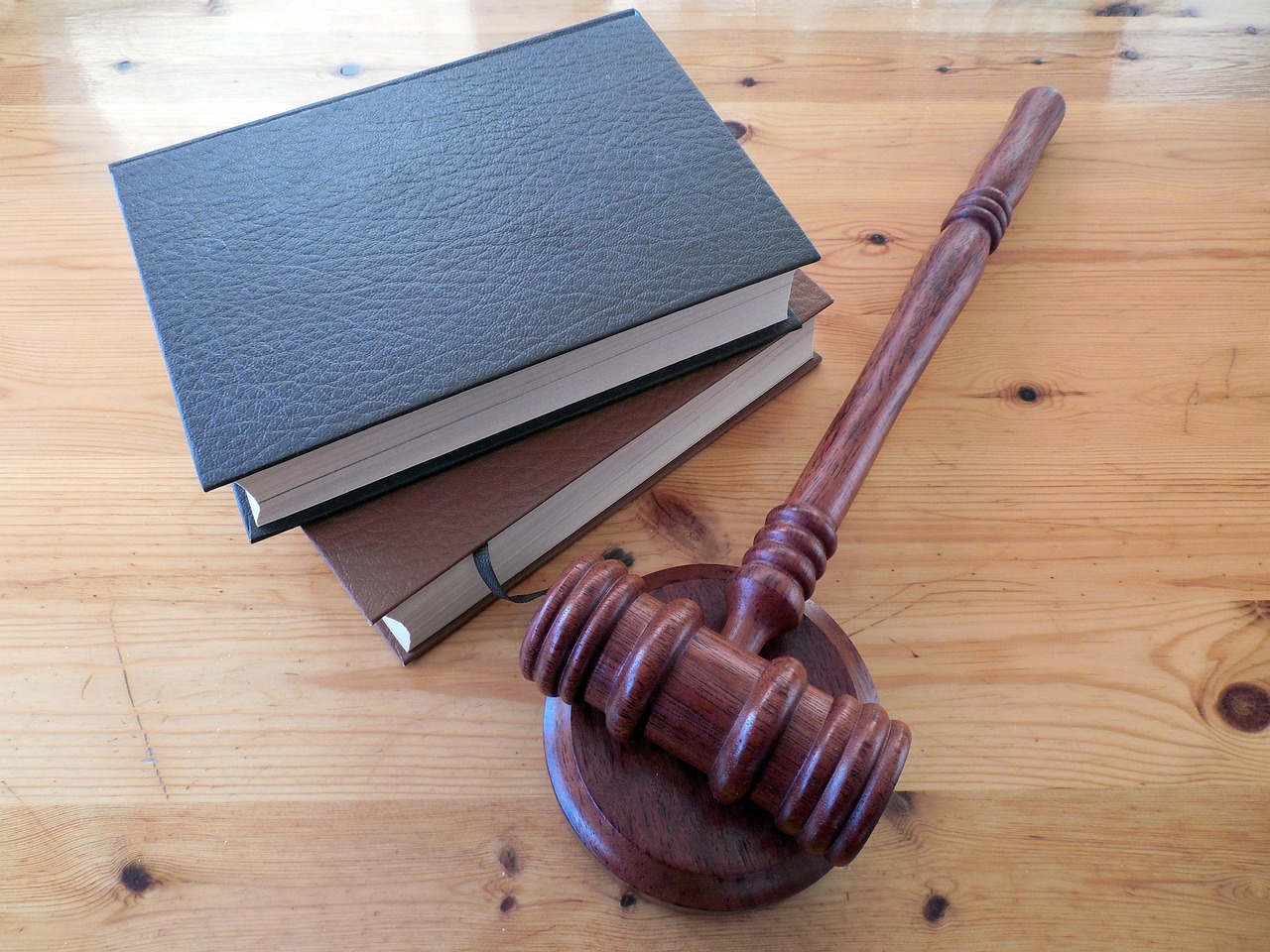Oklahoma’s drug laws aren’t gentle, and the way cases here are built—searches, lab work, texts, and “weight”—often decides who walks and who doesn’t. If you read our first guide on drug charges in Oklahoma, this sequel digs into the evidentiary fights that actually move the needle: when police can search, what “constructive possession” really means, how field tests differ from lab results, how prosecutors use your phone and payment apps, how drug “weight” is calculated, and what to do if a detective calls before charges are filed. That’s where many cases are won—or tossed.
Can police search my car, home, or phone without a warrant?
Short answer: sometimes—but not nearly as often as officers suggest.
- Cars: Officers can search a vehicle with probable cause under the automobile exception (i.e., odor of marijuana, visible contraband, or credible admissions). They can also ask for consent—which you do not have to give. A K-9 sniff can’t prolong a traffic stop without independent reasonable suspicion.
- Homes: The threshold is higher. Police generally need a warrant, unless there’s valid consent or a true exigent circumstance (immediate danger, hot pursuit, imminent destruction of evidence).
- Phones: Your phone is not a glovebox. Under modern Fourth Amendment law, officers typically need a warrant to search digital contents.
Remember, if the stop, detention, or search went beyond the law, your attorney can move to suppress anything found—including every domino that fell afterward.
“Constructive possession” vs. actual possession—what’s the difference?
Actual drug possession is straightforward: drugs in your pocket, purse, or hand. Constructive possession is the state’s favorite fallback—used when drugs are found in a shared car or house. To prove it, prosecutors must show you knew about the drugs and had the power to control them. Proximity alone isn’t enough.
Defense angles can include: no exclusive control of the space, no fingerprints/DNA, contradictory witness accounts, and lack of “indicia” like your mail in that room or your texts tying you to the stash. If all the state has is “he was nearby,” that isn’t possession—it’s guesswork.
Field test vs. lab test—do roadside kits actually count?
Those color-change packets are presumptive at best and notoriously unreliable. Real prosecutions hinge on confirmatory lab testing, proper chain of custody, and scientific methodology.
Your lawyer should demand the full lab packet, analyst credentials, and chain documentation from seizure to testing. Breaks in the chain, contamination risk, sloppy packaging, or unvalidated methods are fertile grounds to exclude results—or at least create reasonable doubt. If the state is leaning on a field kit without a proper lab report, that case is already on thin ice.
Can texts, Cash App, and contact lists be used to prove “intent”?
Prosecutors love digital breadcrumbs (messages about prices or quantities, payment screenshots, and contact names like “Plug”). But context and authentication matter. Your lawyer can challenge:
- Authentication: Who authored the message? Was the account actually yours?
- Hearsay & interpretation: Slang is ambiguous; “tickets,” “work,” or emojis aren’t self-proving.
- Scope of any warrant: If the warrant was overbroad or the search exceeded its scope, those chats may be out.
We can also counter with innocent explanations (legitimate debts, jokes, third-party use of your device) and highlight what’s not there—no controlled buys, no surveillance, no recorded sales.
How is “weight” calculated—and do mixtures or liquids count?
In Oklahoma, trafficking thresholds are generally based on the total weight of the mixture or substance containing the drug, not just the pure amount. That can turn residue-heavy liquids, adulterants, or carrier media into felony exposure. Disputes often center on:
- Whether the seized material was a usable mixture or merely a container/carrier.
- Whether the lab accurately identified and measured the controlled substance.
- Whether multiple baggies were improperly aggregated without proof they were part of the same mixture or transaction.
When weight is the difference between possession, intent, and trafficking, precision absolutely matters. The state has to prove every gram the statute requires—nothing more, nothing assumed.
A detective called me before charges—should I talk t them?
No. Pre-file “just-clear-this-up” calls are designed to lock you into statements and patch holes in the police report. You’re not helping yourself; you’re helping them. Instead, you need to hire counsel to put a stop to calls like that, present mitigation or exculpatory evidence early (treatment enrollment, clean UAs, alibi materials), and negotiate for declination, reduced filing, or a summons instead of a surprise warrant.
Plenty of cases are shaped (or avoided entirely) during this pre-charge window. Use it wisely.
Why these issues decide drug cases in Oklahoma
Most drug prosecutions rise or fall on search validity, possession theory, scientific proof, and digital evidence. If the stop was illegal, the possession is speculative, the lab is shaky, or the phone search overreached, the state’s case can collapse. That’s why the earliest moves—preserving videos, objecting to sloppy discovery, filing targeted suppression motions—matter as much as any later plea talk.
Put Overman Legal between you and the State
If you’re staring down drug charges in Oklahoma, don’t try to navigate this minefield alone. Overman Legal Group digs into the stop, the search, the lab, and the data, then leverages every flaw to suppress evidence, beat enhancements, and negotiate outcomes that protect your future—and your record.
Contact us for a confidential consultation. We’ll review your facts, map your defenses, and get to work building your best defense.
Whether you’re facing a possession charge or a serious trafficking accusation, don’t leave your future to chance. Contact Overman Legal today for a free consultation and let us guide you through this challenging time with empathy, proven expertise, and fierce advocacy.




